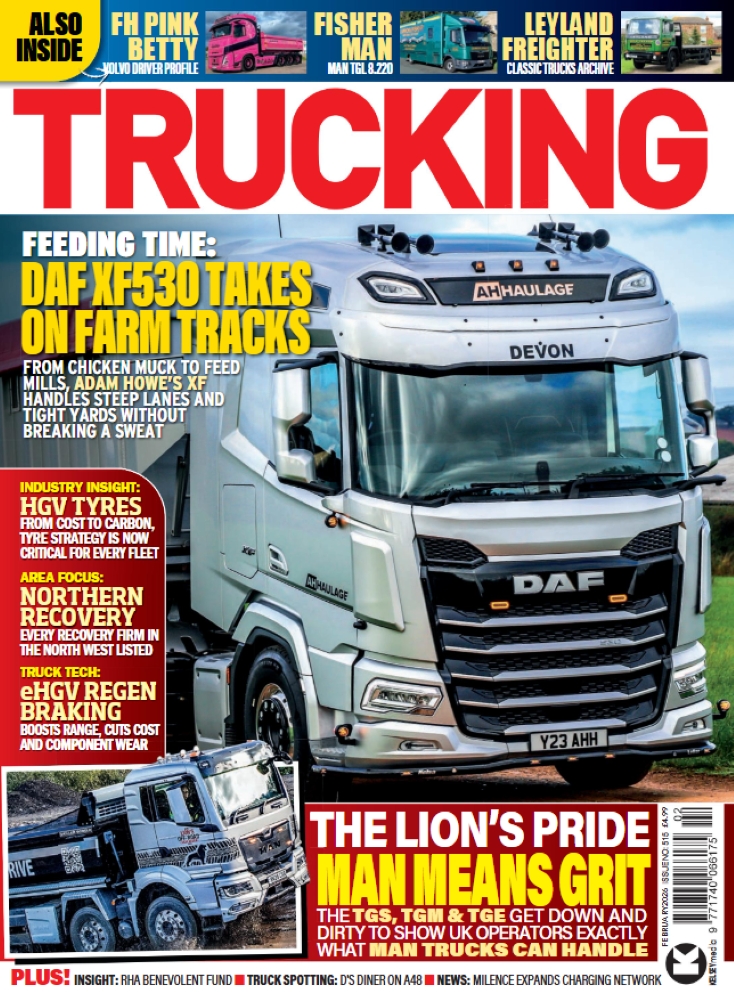Did you know that while the UK’s HGV fleet makes up just 5% of all vehicles on the road, it contributes a disproportionate 20% of our total transport emissions – equivalent to the combined carbon footprint of domestic buses, shipping, and international and domestic air travel?
Why is the decarbonisation of the UK’s trucking industry so important? Heavy Goods Vehicles (HGVs) play a vital role in our modern economy and society, whether transporting fresh produce, industrial materials or consumer items across the country or abroad. But they also account for around 20% of total transport emissions in the UK, despite making up only 1% of vehicles on our roads. That’s the same as the carbon footprint of domestic buses, shipping and international and domestic air travel combined. Electrifying the UK’s HGVs could remove 18.6 million tonnes of CO2 from the atmosphere, equivalent to taking 12 million cars off the roads. The urgency for making Zero Emission Trucks (ZETs) accessible and affordable for businesses and operators to cut emissions is clear.
When it comes to decarbonising transport, we’re already seeing a shift from diesel to electric cars, but only 500 out of half a million HGVs in the UK are ZETs. We must translate this momentum beyond cars to heavier vehicles that drive longer distances.
The main roadblock? Limited access to finance. Many HGVs are owned by small businesses that need help to secure the right financing. Unsurprisingly, zero-emission trucks come with hefty upfront costs, up to three times more than their diesel counterparts. Toby Poston, Director of Corporate Affairs at the British Vehicle Rental & Leasing Association, speaks for many truck drivers when he says that ‘the financial risk and upfront costs are eye-watering.’ These financial barriers present a significant obstacle, preventing people from switching to electric trucks.
Alongside this challenge, there’s also a need for more electric charging infrastructure across the country. With only one dedicated public charge point in the country for HGVs, to give operators the confidence to make long journeys in electric trucks, we need to ensure that the right depot and public charging is available.
That’s why we’ve been working hard at The Green Finance Institute to understand and address these barriers. We’ve identified ten financial solutions to help fleet operators and landowners access the financing they need to rapidly roll out electric trucks and charging points – potentially unlocking a £100 billion investment opportunity.
One such solution could be a residual value guarantee, which would help ease the burden of high upfront capital costs. A residual value is the estimated value of a truck at the end of its lease term. However, there needs to be more data to estimate a future residual value reliably, there is also the concern that rapid technological advances could render green trucks outdated. This has a knock-on effect for lenders who are setting conservative residual values, which results in a higher monthly lease cost. By bringing in a third party as a guarantor, such as an insurance company or government organisation, we can reduce the risk for lenders and the monthly lease cost – making it a more viable financing option.
But it’s not just about the trucks themselves. We need solutions for charging infrastructure, too. Truck drivers are hesitant to shift to electric as there aren’t enough charging stations nationwide. And many operators won’t install electric charge points while demand from electric trucks remains low. Utilisation Linked Financing could break this cycle, allowing charge point installers to start repaying loans only once the stations generate revenue or once operators start seeing cost savings from running electric trucks.
Shared Charging Infrastructure agreements are another tool that encourages collaboration between multiple stakeholders to invest in charge points, thereby splitting the costs between them. Again, this would help prevent truck operators from feeling like they’re walking into the unknown. These are just a few of the possible solutions that could help us move towards the decarbonisation of the trucking industry.
Encouragingly, the shift to electrify HGVs is happening, we need to accelerate the pace. Amazon recently invested £1 billion in its European fleet to acquire 1,500 zero-emission trucks, and Westminster City Council in London has invested £20 million to decarbonise its refuse collection fleet. Some SMEs are also making the switch – take Welch’s Transport, a truck supplier that has started supplying zero-emission trucks in Cambridge.
The drive to net zero is not going to be an easy one, and the electrification of vehicles isn’t going to happen overnight. But what we do know is that with the right financing solutions, we can accelerate this transition so heavy hauls can still have a light carbon footprint.






